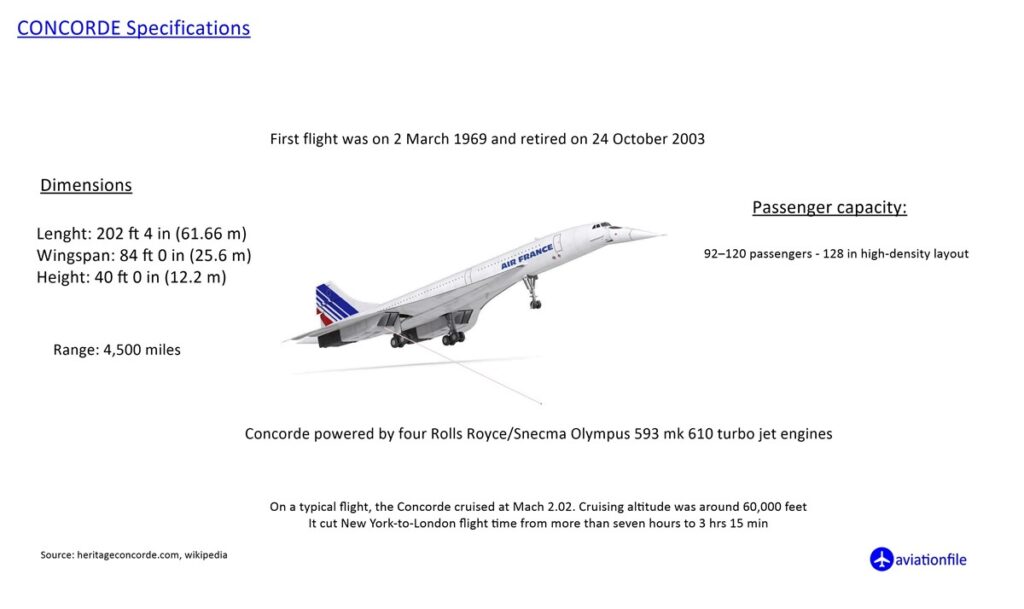The Concorde fallacy: A cautionary tale about sunk costs
The Concorde fallacy is a cognitive bias in which people continue to invest time, money, or effort into a project or endeavor even after it becomes clear that the costs outweigh the benefits. This is because people tend to be reluctant to abandon something that they have already invested in, even if it is no longer in their best interest to do so.
The term “Concorde fallacy” is derived from the example of the Concorde supersonic airliner. The Concorde was a joint project between the British and French governments, and it was one of the most expensive aircraft ever built. However, the Concorde was also very fuel-inefficient, and it was never able to achieve commercial success.

Sunk Cost Fallacy
Despite the clear economic case against the Concorde, the British and French governments continued to fund the project for many years. This was due in part to the sunk cost fallacy. The governments had already invested so much money into the Concorde that they were reluctant to abandon it, even though it was clear that the project was a failure.
The Concorde fallacy is a common mistake that people make in all aspects of their lives. For example, people may continue to work at a job that they hate, or they may stay in a relationship that is no longer fulfilling, simply because they have already invested so much time and effort into those things.
Here are some examples of the Concorde fallacy in everyday life
A gambler continues to bet even after they have lost all of their money.
A student continues to study for a test even though they know that they are not going to do well.
A business owner continues to invest in a product line that is not profitable.
A person in a relationship stays with a partner who is abusive or unfaithful.
The Concorde fallacy can lead to a number of negative consequences, such as financial losses, wasted time and effort, and emotional distress. It is important to be aware of this cognitive bias so that you can avoid falling into its trap.
Here are some tips for avoiding the Concorde fallacy
Be realistic about your expectations. If you are not seeing the results that you want, be willing to cut your losses and move on.
Don’t be afraid to ask for help from others. If you are struggling to make a decision, talk to a trusted friend, family member, or advisor.
Remember that sunk costs are irrelevant to future decisions. The money or time that you have already invested in something should not influence your decision about whether or not to continue investing.
If you find yourself in a situation where you may be falling victim to the Concorde fallacy, take a step back and assess the situation objectively. Consider the costs and benefits of continuing to invest in the project or endeavor, and make a decision based on what is in your best interest, not on what you have already invested.
References.
Cambridge English Dictionary: Concorde fallacy
Wikipedia: Sunk cost fallacy
Verywell Mind: What is the Concorde Fallacy?
Investopedia: Sunk Cost Fallacy: Definition and Examples
Psychology Today: Sunk Cost Fallacy: When We Keep Investing in Bad Decisions



